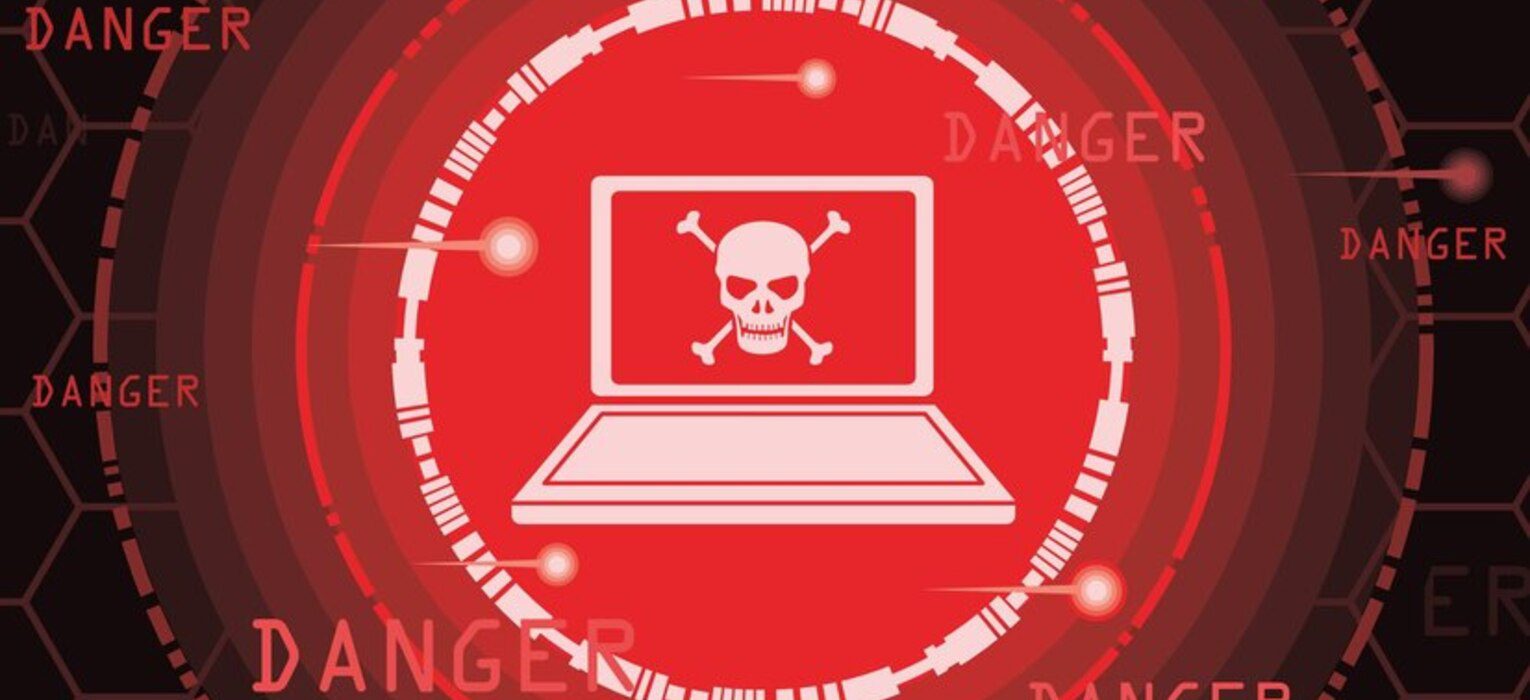
109 Swearingen Beach East Tawakoni Texas 75472 United States

The quiet, scenic views of Lake Tawakoni and the tight-knit community of East Tawakoni, TX, might make it feel like the digital world’s dangers are a million miles away. But for local business owners, the reality is much harsher. Cybercriminals don’t care if you are in a major skyscraper in Dallas or a storefront on Swearingen Beach—they only care about your data.
Imagine arriving at your office on a Monday morning only to find your computer screens locked with a demand for thousands of dollars in Bitcoin. Or worse, realizing that your customers’ private information has been leaking onto the dark web for months. This isn’t just a tech glitch; it’s a threat to your livelihood. At Safety Is A Mindset, we believe that digital safety is just as critical as physical safety. Understanding Malware Basics in East Tawakoni, TX is the first step in building a wall around your business.
For many in the East Tawakoni area, “malware” sounds like a buzzword for big corporations. However, small businesses are often the preferred targets for hackers because they typically have weaker defenses. The pain of a malware infection goes far beyond a slow computer; it creates a ripple effect that can sink a company.
Format: Video
Tier: 2
Course ID: 7868
Languages: English
At Safety Is A Mindset, we teach that awareness is the best defense. Our approach to Malware Basics in East Tawakoni, TX isn’t about selling you expensive software; it’s about changing the way your team thinks about technology. We provide the knowledge needed to spot a threat before it executes.
Malware, or “malicious software,” is a broad term for any code designed to damage, disable, or gain unauthorized access to a system. It includes:
Viruses: Programs that attach to clean files and spread throughout a system.
Worms: Standalone software that replicates itself to spread to other computers in a network.
Trojans: Disguised as legitimate software, these “trap doors” let hackers in.
Ransomware: The most common threat today, which encrypts your files and holds them for ransom.
Spyware: Secretly monitors your activity to steal passwords and banking info.
We break down complex cybersecurity concepts into an 8th-grade reading level so every employee, from the front desk to the warehouse, can be a digital sentry. Our process involves:
Vulnerability Assessment: We help you identify the “open windows” in your current digital setup.
Employee Awareness Training: We teach your staff how to identify suspicious emails and links through our online course training for phishing.
Policy Creation: We help you establish “strong password” cultures and multi-factor authentication protocols.
Response Planning: We guide you through creating a “what-if” plan so that if an infection occurs, you know exactly how to contain it.
We bring the same level of expertise to digital safety that we bring to onsite safety training services for heavy industry. Our founder, Brandon S. Beaver, has built a reputation on the philosophy that safety isn’t a checklist—it’s a culture.
Consider a local manufacturing firm near East Tawakoni that recently implemented our awareness protocols. Prior to training, their employees were clicking on an average of three suspicious links per week. After completing our Malware Basics and social engineering training, that number dropped to zero. They successfully identified and reported a sophisticated ransomware attempt that could have cost them upwards of $50,000 in recovery fees.
In East Tawakoni, we often see businesses ignore the early warning signs. Common symptoms include:
A sudden decrease in system speed or frequent "freezing."
Unexplained pop-up windows appearing even when you aren't browsing the web.
Your browser homepage changing without your permission.
Emails being sent from your account that you didn't write.
New, unfamiliar icons appearing on your desktop.
Unfortunately, no. While antivirus software is a necessary tool, it is not a "silver bullet." Many modern malware strains are designed to bypass traditional scanners. This is why employee training and defining cybersecurity protocols are so important. The human element is usually the weakest link—and your strongest defense.
The vast majority of malware infections in Texas businesses start with a human error. This usually happens through:
Phishing Emails: Clicking a link or opening an attachment in a fake email.
Malicious Websites: Visiting a site that automatically downloads code (drive-by downloads).
Insecure Downloads: Downloading "free" software that contains a hidden Trojan.
USB Drives: Plugging in a "lost" thumb drive found in a parking lot.
Yes, ransomware is a specific type of malware. Think of malware as the category "Vehicles," and ransomware as "Tractor-Trailers." It is a specific tool used for a specific purpose: extortion. Because it is so profitable for criminals, it has become the number one digital threat to businesses in the East Tawakoni area.
If you suspect an infection, time is of the essence:
Disconnect: Immediately unplug the infected computer from the internet and the local network to stop the spread.
Don't Pay: If it's ransomware, experts and law enforcement generally advise against paying, as it doesn't guarantee you'll get your data back and it funds future crimes.
Consult Professionals: Reach out to a cybersecurity expert to begin the cleanup and recovery process.
Notify: Depending on the data lost, you may have a legal obligation to notify the Texas Attorney General’s office.
malware prevention training